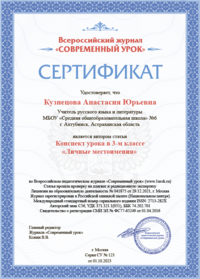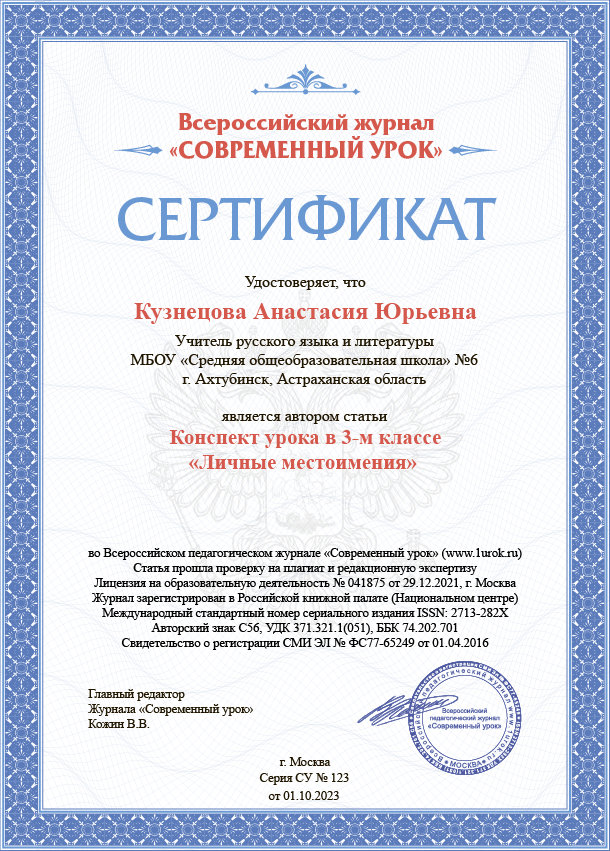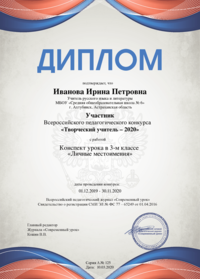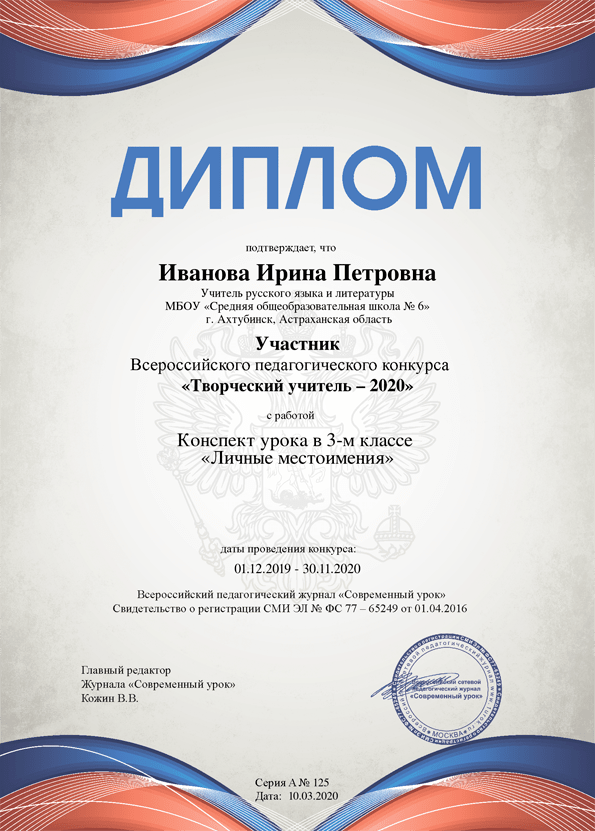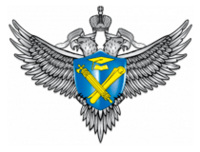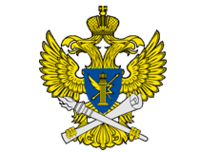Remembrance Day and Victory Day
Автор: Ташбулатова Венера Табрисовна
Организация: МБОУ СОШ 1 с. Мраково
Населенный пункт: Кугарчинский район, с. Мраково
Тип урока: коммуникативно-познавательный;
Класс: 9а;
Дата проведения: 23.09.2019г.
Цель урока: формирование умения использовать тематическую лексику в коммуникативной деятельности, составлять связные монологические высказывания по теме
Задачи урока:
образовательные: перенос лексико-грамматического материала модуля в ситуации речевого общения на материале о празднике в Британии и России;
развивающие:
- создать условия для развития коммуникативных навыков;
- развитие умений прогнозировать содержание текста; развитие умений ознакомительного и поискового чтения;
воспитательные: содействовать формированию у учащихся толерантности в отношении к культуре своего и других народов;
Основные понятия темы: историческая память, поминовение
Межпредметные связи: История.
Тип урока: урок общеметодологической направленности
Базовая образовательная технология: технология системно-деятельностного подхода
|
Планируемые результаты |
|
УУД |
личностные: формирование уважения к истории, культуре, национальным особенностям, традициям и образу жизни других народов, толерантности;
|
Познавательные:
Коммуникативные
Регулятивные
Личностные
|
Ресурсы: smart board, раздаточный материал, школьная доска, презентация, аудиофайлы..
|
Этапы урока |
Деятельность учителя |
Деятельность обучающихся |
УУД |
|
|
1. Организационный момент Цель : включение учащихся в деятельность на личност-но-значимом уровне |
-Good morning, dear children. -How are you? -OK. I’m glad to hear that you are great. |
Готовят учебные принадлежности. Настраиваются на урок.
|
Личностные (знание и ориентация на выполнение основных моральных норм)
|
|
|
2. Постановка цели и задачи урока. Мотивация учебной деятельности.
Цель: постановка учебной задачи
|
Would you mind to pay your attention to this slogan. Эпиграф урока на доске: "War does not determine who is right – only who is left". Bertrand Russell, philosopher, 1872-1970 How can you interpret these words? How do you feel about this slogan? T: Yes, you are right. Are there any days in our country when people commemorate soldiers? T: Thank you T: What great wars in our history do you know? T: Is it important to remember soldiers who died many years ago? Why?
T: Yes, you are right. T: What will be the theme of our lesson? T: You are right. The theme of our lesson is “We are for Peace”. So I am sure every person who lived, fought and worked during the war is worth speaking about. All of them are real heroes. 3. The tasks of the lesson. T: How do you think, what we’ll do at our lesson today?
T: You are right. The tasks of our lesson are: - to learn new words; -to listen to the text and do the task; -to read the text and do the task; -to speak about the British tradition to commemorate soldiers who died for their country in the World War I; - to compare the British tradition with the Russian one. |
Возможные варианты ответов: P: I think, The quotation wants to point out that it is never established or decided who wins a war. We only find out who has survived it by counting the fatalities.
P: I feel sorry. P: It is about soldiers who didn’t come from the war. P: Yes, there are. It’s Victory Day. P: the Defender’s of the Fatherland Day.
P: The World War I and The World War II
P: Yes, it is. P: Because they fought for their native country and for all people, and for us too. P: We all want to live in peace and freedom. P: Everybody knows that any war brings only troubles and tragedies.
P3: I think, the theme of our lesson will be “We are for Peace”
P1: Perhaps, we will learn new words. P2: I, think, we’ll read the text about wars. P3: Perhaps, we’ll do different exercises. P4: I think we’ll speak about heroes and soldiers. P5: I hope that we’ll learn some new information.
|
Регулятивные УУД (Целеполагание, Планирование, Прогнозирование) Коммуникативные УУД (Планирование учебного сотрудничества |
|
|
3. Актуализация знаний Цель: повторение изученного материала, необходимого для «открытия» нового знания
|
1.Reading new words. (Режим: T-CL) |
2.Reading the new words. (Режим: Р1, Р2, Р3)
Verb Noun Adjective to attend commemoration significance solemn/unsolemn
Verb Noun Adjective to attend attendance attendant to commemorate commemoration commemorative to signify significance significant solemnize solemnity solemn
|
Познавательные УУД (Общеучебные - поиск и выделение информации) Личностные УУД (мнение уч-ся, развитие толерантности) Коммуникативные УУД (адекватно использовать речевые средства для решения различных коммуникативных задач; строить монологическое высказывание) Регулятивные УУД (принимать и сохранять учебную задачу) |
|
|
Attend a battlefield commemoration memorial service point out row significance silence solemn veteran wartime wreath poppy fascist Germany Nazi carnations |
Посещать поле боя празднование поминальная служба указывать ряд значимость тишина торжественный ветеран военный венок мак фашистская Германия Нацист гвоздики
|
|||
|
T: Fill in the table with the missing words Work in pairs.
Let’s check (answers on the board) |
||||
|
3. Открытие нового знания и первичное закрепление в знакомой и измененной ситуации Цель: Обеспечение восприятия, осмысления и первичного закрепления учащимися новых структур |
III. Listening to the text Now we start listening activity. (раздаются карточки с предложениями) 1. Listening to the text about Remembrance Day in Britain
Every year during the week before 11 November, people all over Britain wear a little red paper poppy. They do this to commemorate Remembrance Day, or Poppy Day, which takes place each year on 11 November to remember the millions who died for their country. Poppy Day is on this date because World War I ended in the 11th hour of the 11th day of the 11th month in 1918. The poppy is the symbol of Remembrance Day because they are the only Flowers that grew on the battlefields after World War I .They are very delicate flowers, too, and live for a short time. Some people have also pointed out that fields of bright red poppies look like fields of blood. There are many poems about Remembrance Day and many of them mention poppies. One of the most famous of these poems is In Flanders Fields. Memorial services take place all over Britain on the second Sunday in T. Have you coped with this task? 3. T: Check yourselves. (The keys are on the board)
|
1. They do this to commemorate ______Day. 2. It takes place on ________. 3. The _____ is the symbol of Remembrance Day. 4. There are many ____ about Remembrance Day. 5. ________ take place all over Britain. 6. Old war veterans lay________on the steps of the monument.
CL: Yes, we have.
|
Познавательные УУД (Общеучебные - поиск и выделение информации) Личностные УУД (мнение уч-ся, развитие толерантности) Коммуникативные УУД (адекватно использовать речевые средства для решения различных коммуникативных задач;) Регулятивные УУД (принимать и сохранять учебную задачу) |
|
|
4. Физминутка |
IV. Dynamic Pause (exercises for eyes & hands)
|
|
|
|
|
5. Закрепление пройденного материала |
V. Reading this text VI. Follow – up activities T: Match the headings to the paragraphs. One heading does not match. Give reasons. T: Check each other VII. Working in groups T: Answer to the questions and fill in the table. You should fill in information from the texts. У каждой группы есть листочки вы должны заполнить их, и представитель от каждой группы прикрепит их на доску в таблицу.
1. Working in pairs (режим P1-P2, P3-P4) T: Compare the British tradition with the Russian one. P: Why is Remembrance Day important when a lot of years have gone after World War I? P: When do we commemorate soldiers in our country? P: When is the Victory Day celebrated? P: What is the main reason of celebration? T: Good of you. |
A A solemn commemoration Questions Remembrance Day Victory Day When do people commemorate it? Why is it exactly on that day? How is this day also called? What is the symbol of that day? How do the people commemorate who died during the war? Who takes part in memorial ceremonies?
P1: People must remember about tragedy that brings any war and fight for peace and freedom
P2: On the Victory Day. P3: On the 9th of May P4: To commemorate soldiers who died or took part in the war |
Познавательные УУД (Общеучебные - поиск и выделение информации) Личностные УУД (мнение уч-ся, развитие толерантности) Коммуникативные УУД (адекватно использовать речевые средства для решения различных коммуникативных задач;) Регулятивные УУД (принимать и сохранять учебную задачу) |
|
|
6. Проверка домашнего задания.
Цель: Повторение изученного материала. Решение проблемных заданий |
IX. Speaking on the projects. T:Your homework was to be ready to speak about heroic deeds of our countrymen. T: Who do you speak about? |
The 1st group: We’ll speak about Richard Sorge. The 2nd group: We’ll speak about Musa Gareev. The 3rd group: We’ll speak about Eremin Mikhail Ivanovich. Примерные ответы 1. Richard Sorge (4 October 1895 – 7 November 1944) was a German journalist and Soviet military intelligence officer, active before and during World War II, working undercover as a German journalist in both Nazi Germany and the Empire of Japan. His codename was "Ramsay" (Russian: Рамза́й). A number of famous personalities considered him one of the most accomplished spies. Sorge is most famous for his service in Japan in 1940 and 1941, when he provided information about Adolf Hitler's plan to attack the Soviet Union. In mid-September 1941, he informed the Soviets that Japan would not attack the Soviet Union in the near future. A month later Sorge was arrested in Japan on the count of espionage. He was tortured, forced to confess, tried, and hanged in November 1944. He was posthumously awarded the title of Hero of the Soviet Union in 1964. There is a monument devoted to Richard Sorge in Moscow. The longest street in Ufa is named after Richard Sorge. This year we celebrate the 125th anniversary of his birthday. 2. Gareyev was born on 9 June 1922 to a Bashkir peasant family in the village of Ilyashidy. He and his family moved to the village of Tashchishma, and in 1937 he completed his seventh year of secondary education at a school in Bishkuraevo. In 1940 he attended a technical school and studied at a local aeroclub; after completing training at the aeroclub that same year he entered the Soviet military in December. He was a squadron commander in the 76th Guards Ground Attack Aviation Regiment of the Soviet Air Forces during the Second World War. He was also the only Bashkir twice awarded the title Hero of the Soviet Union. 3. Mikhail Eremin was born on may 17, 1920 in the village of Denisovka in Kugarchinsky district. He received incomplete secondary education and worked on a collective farm. In 1940, Eremin was called up to serve in the Red Army. Since April 1942-on the fronts of the Great Patriotic War. By July 1944, Mikhail Eremin, was a scout for a foot reconnaissance platoon of the 331st rifle regiment of the 96th rifle division of the 48th army of the 1st Belorussian front.
On July 8, 1944, Eremin, along with two soldiers, went to the enemy rear and destroyed the calculations of a mortar battery, capturing 6 mortars, 2 tractors, 4 cars, and also captured 8 enemy soldiers. By a decree of the Presidium of the Supreme Soviet of the USSR on March 24, 1945, Mikhail Eremin was awarded the high title of Hero of the Soviet Union. The street in Mrakovo is named after him. |
Коммуникативные УУД (адекватно использовать речевые средства для решения различных коммуникативных задач; строить диалогическое высказывание) |
|
|
7. Информация о домашнем задании. Цель: Инструктаж по его выполнению. |
- OK.. Учащимся дается дифференцированное домашнее задание 1. To retell the text “Remembrance Day” 2. to make up 8-10 questions about GRW. 3. to read and translate the text about GRW. |
Ученики записывают домашнее задание |
Познавательные УУД (Общеучебные - поиск и выделение информации)
|
|
|
8. Рефлексия (подведение итогов) Цель: осознание уч-ся своей учебной деятельности, самооценка результатов своей деятельности и всего класса |
X. Reflexion. 1) What did we do at our lesson today?
T: On May 9, 2020, the people of Russia will celebrate the 75th the anniversary of the Great Victory. I think it is very important for all of us to remember the history. At the beginning of the lesson we read the words of wisdom "War does not determine who is right – only who is left”, written by Bertrand Russell. How do you think, are they right?
T: Let’s stand up and keep a minute’s silence to honour those who died in the war. T: Thank you for the lesson. Good-bye. |
(Учащиеся оценивают эффективность своей деятельности на уроке, анализируют возникшие трудности и способы их преодоления. Отвечают на вопросы для фронтальной рефлексии).
P1: Yes, they are. P2: A lot of people died in the wars, and we must remember them. P3: The memory of the heroes of the war will always live in our hearts.
Cl: Good-bye. |
Регулятивные: (Соотносить цели и результаты своей деятельности и определение степени успешности работы) Л: самооценка на основе критерия успешности, адекватное понимание причин успеха/неуспеха в учебной деятельности; |
|
)
ПРИЛОЖЕНИЕ 1
1 GROUP
The Victory Day in Russia
Victory Day in Russia is a national holiday that is held on 9th May. It officially marks the day when the war ended in 1945 and the main reason for the celebration is to remember the people who died or took part in the war in different ways. For example, some citizens who did not fight had to work in the factories making guns.
Many people attend a local military parade and watch the fireworks at night on Victory Day. The biggest parade is in Moscow’s Red Square, showcasing Russia’s military forces. Most veterans wear their medals as they head to the parade or an event organized by a local veteran organization
On 9th May, people lay flowers on graves, veterans march in parades wearing their medals and the President of Russia sends out letters to congratulate the veterans for their bravery. War veterans are invited to schools to speak to students. They are heartily greeted with flowers and presents. Then special concerts are held where students sing songs, recite poems and dance for their dearest guests.
We give flowers, usually red carnations, to veterans in the street and lay wreaths at war memorial sites. Also, there is St. George ribbon campaign, which has occurred on the eve of the Victory Day for nine years already. Millions of Russians and compatriots in 100 countries take part in this campaign. Orange–black ribbons handed out by volunteers in the streets are one more sign of our commemoration of the Great Victory.
2 GROUP
Remembrance Day in Great Britain
the Cenotaph - памятник Неизвестному солдату в Лондоне
Every year during the week before 11 November, people all over Britain wear a little red paper poppy. They do this to commemorate Remembrance Day, or Poppy Day, which takes place each year on 11 November to remember the millions who died for their country. Poppy Day is on this date because World War I ended in the 11th hour of the 11th day of the 11th month in 1918.
The poppy is the symbol of Remembrance Day because they are the only Flowers that grew on the battlefields after World War I .They are very delicate flowers, too, and live for a short time. Some people have also pointed out that fields of bright red poppies look like fields of blood. There are many poems about Remembrance Day and many of them mention poppies. One of the most famous of these poems is In Flanders Fields.
Memorial services take place all over Britain on the second Sunday in
November which is known as Remembrance Sunday. The Royal Family and top politicians attend a special service in London at the Cenotaph, which means “The Empty Tomb” in Greek. Old war veterans lay wreaths on the steps of the monument. At 11 am, there is a two-minute silence. A lone soldier plays a piece of music called The Last Post on the bugle to introduce the two-minute silence. Soldiers play another
piece, The Rouse, to signal the end of it. Musicians also play traditional wartime songs such as The White
Cliffs of Dover and It’s a Long Way to Tipperary

 БЕСПЛАТНЫЕ семинары
БЕСПЛАТНЫЕ семинары